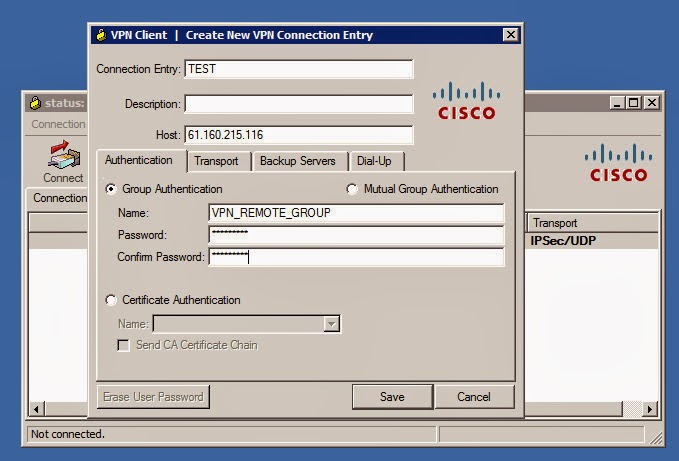
With this OpenVPN client, it means that you can use different network protocols and methods, including HMAC authentication, OpenSSL, and shared keys to ensure your data is secure and private.

It also supports ethernet bridging, TCP/UDP tunnel, dynamic IP addresses, etc. OpenVPN, also known as OpenVPN Community edition, is an open-source virtual private network (VPN) system that can be used to create site-to-site and point-to-point connections using a custom security protocol that supports SSL/TLS. Here we will introduce the client from the definition, benefits, supported operating systems, and other related information.

When it comes to security, OpenVPN is watertight. The program guarantees secure connection via switching to TCP if UDP fails. TCP guarantees that your data will be properly received on the other end, while UDP operates quicker, but without the checks that TCP performs.

OpenVPN functions on two basic protocols - transmission control (TCP) and user datagram (UDP). OpenVPN is the solution for any online safety issue, as it features multiple configurations for everything from personal to big business use. You have to choose the lesser of the two evils - but not anymore. VPNs (virtual private networks) tend to be slow, but otherwise, your data transmission will be far from safe. Watch what you want, when you want, no matter where you live


 0 kommentar(er)
0 kommentar(er)
